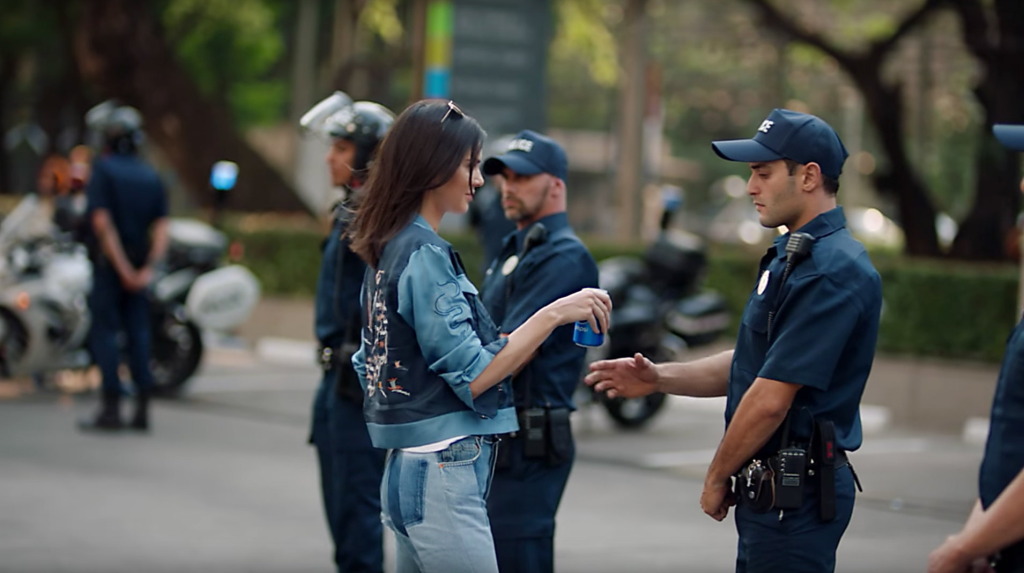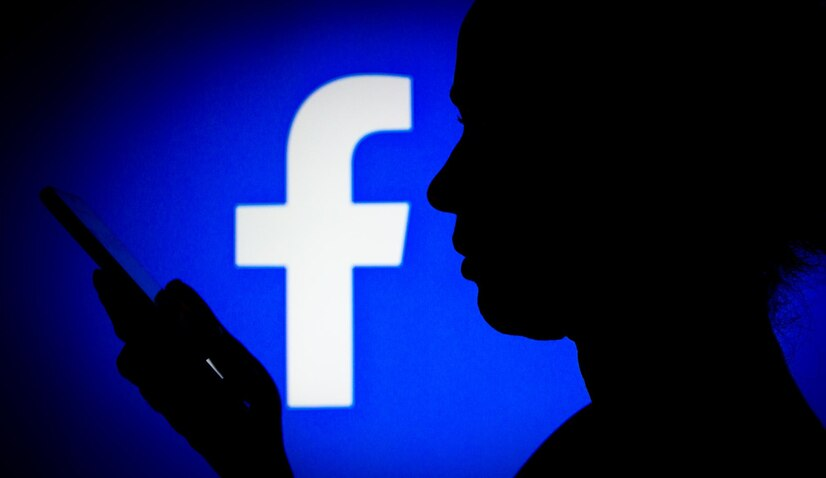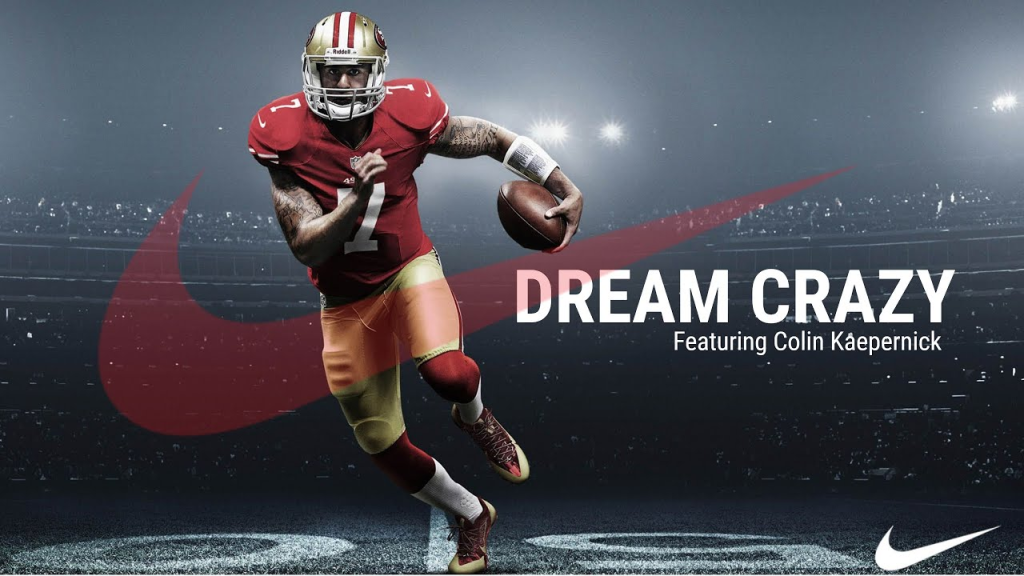At Sunnyday Consulting, we understand that authenticity is more than just a buzzword – it’s a core value that drives our approach to effective brand communication. In a world saturated with advertisements and influencer endorsements, brand authenticity stands as the beacon that guides us towards building meaningful connections with our target audience. And this crucial topic has sparked debates within the digital realm – the ethical use of celebrity likenesses in brand advertising. In a world where consumer trust and authenticity hold paramount importance, it’s crucial to explore the significance of respecting likeness rights. So, grab a cup of coffee or chai (we won’t call it “chai tea”), settle in, and join us as we navigate the importance of authenticity and its impact on brand marketing strategies.
Don’t Get Caught in the Faux-Real Trap:
You know what they say, “Keep it real or keep it moving!” In this digital era, consumers are savvier than ever. They can smell inauthenticity from a mile away. When brands misuse or misrepresent someone’s likeness, it’s like slapping a filter on your brand’s credibility. Your audience won’t be fooled, and they might just skip to the next genuine option.
Remember the time when Kendall Jenner’s Pepsi ad received massive backlash?

It’s a prime example of how brands can fall into the faux-real trap. By using someone’s likeness without their consent or misrepresenting their values, brands risk coming off as disingenuous and disconnected from their audience. So, keep it real, be genuine, and avoid those faux pas that can damage your brand’s reputation.
Consent Is Everything:
Respect is the new black. It’s essential to recognize that individuals have the right to control their own images and reputations. Using someone’s likeness without their consent not only violates their personal rights but also sends the wrong message to your audience. Show your brand’s integrity by seeking permission, collaborating, or finding creative alternatives that respect the individual’s voice. Let’s talk about the recent controversy involving Upgrad and Sundar Pichai.

Upgrad’s unauthorized use of Sundar Pichai’s likeness in their ad campaign created a stir on the internet. It serves as a reminder that brands should respect an individual’s right to control their image and reputation. Seek consent, collaborate, and foster relationships built on trust, rather than relying on someone’s likeness without their permission.
Trust Takes a Lifetime to Build, Seconds to Break:
Building a solid brand reputation is like growing a bonsai tree – it takes time, patience, and a whole lot of TLC. However, all that hard work can crumble like a Jenga tower if you make the wrong move. When brands misuse someone’s likeness, trust is shattered into a million pieces. Don’t be that brand that loses its credibility in the blink of an eye. Consider the case of Facebook, a globally recognized social media platform. In 2018, Facebook faced a massive scandal involving the unauthorized access and misuse of user data by a third-party analytics firm, Cambridge Analytica.

This breach of trust not only triggered widespread outrage but also raised significant concerns about privacy and data security. Facebook’s trust, meticulously cultivated through years of user engagement and reliance, was shattered within moments. Trust in Facebook dropped by 66 percent since the Cambridge Analytica scandal
The incident emphasized the fragility of trust in the digital landscape. It served as a stark reminder that misusing someone’s likeness, mishandling personal data, or engaging in unethical practices can irreparably damage a brand’s reputation and erode the trust of its users.
Keep It Legal, Baby:
Let’s not forget the legal side of the game. Unauthorized use of someone’s likeness can land you in some seriously hot water. Lawsuits, penalties, and damage to your brand’s reputation are just a few of the unwelcome consequences. Ensure you’re on the right side of the law and protect your brand’s future by seeking proper authorization or exploring alternative creative avenues. In 2016, Lindsay Lohan filed a lawsuit against a mobile game developer for unauthorized use of her likeness. This case underscored the importance of obtaining proper authorization when utilizing someone’s image or likeness.

To safeguard your brand from legal troubles and reputational damage, it is crucial to adhere to copyright and intellectual property laws. Seek consent, explore collaborations, and consider alternative creative approaches to ensure compliance.
Why does authenticity matter?
Consumers today crave authenticity like it’s their daily dose of TikTok. They want to see real stories, real faces, and real experiences. By leveraging authentic brand ambassadors, influencers, or even everyday heroes, you create genuine connections with your audience. Showcasing real people with relatable stories can inspire, engage, and build long-lasting brand loyalty. Nike’s “Dream Crazy” campaign featuring Colin Kaepernick offers a remarkable example of the power of authenticity.

By aligning with Kaepernick’s authentic story and activism, Nike forged a profound connection with their audience. The campaign resonated with various demographics, demonstrating the transformative potential of genuine storytelling. Embracing real people, their stories, and relatable experiences fosters lasting connections that drive brand loyalty.
To sum it up
In a world where authenticity reigns supreme, brands must tread lightly when it comes to leveraging someone’s likeness in their marketing campaigns. The controversy surrounding Upgrad’s unauthorized use of Sundar Pichai’s likeness serves as a cautionary tale. Respect for personal rights, seeking consent, and nurturing genuine connections with your audience should be at the core of your digital marketing strategy.
So, fellow marketers, let’s ditch the copycat mindset and embrace the power of authenticity. Learn from real-world examples like Kendall Jenner’s Pepsi ad, Fyre Festival’s trust breach, Nike’s partnership with Colin Kaepernick, and Lindsay Lohan’s lawsuit. By weaving real stories, inspiring trust, and creating connections that stand the test of time, you can build a brand that resonates and lasts.
Remember, in the wild realm of digital marketing, authenticity is the crown jewel that sets your brand apart from the crowd.
Stay real, stay true, and slay the marketing game!
Have more thoughts on brand authenticity? Feel free to contact us at support@sunnydayconsulting.com or call us at (+91) 79777 31552.



